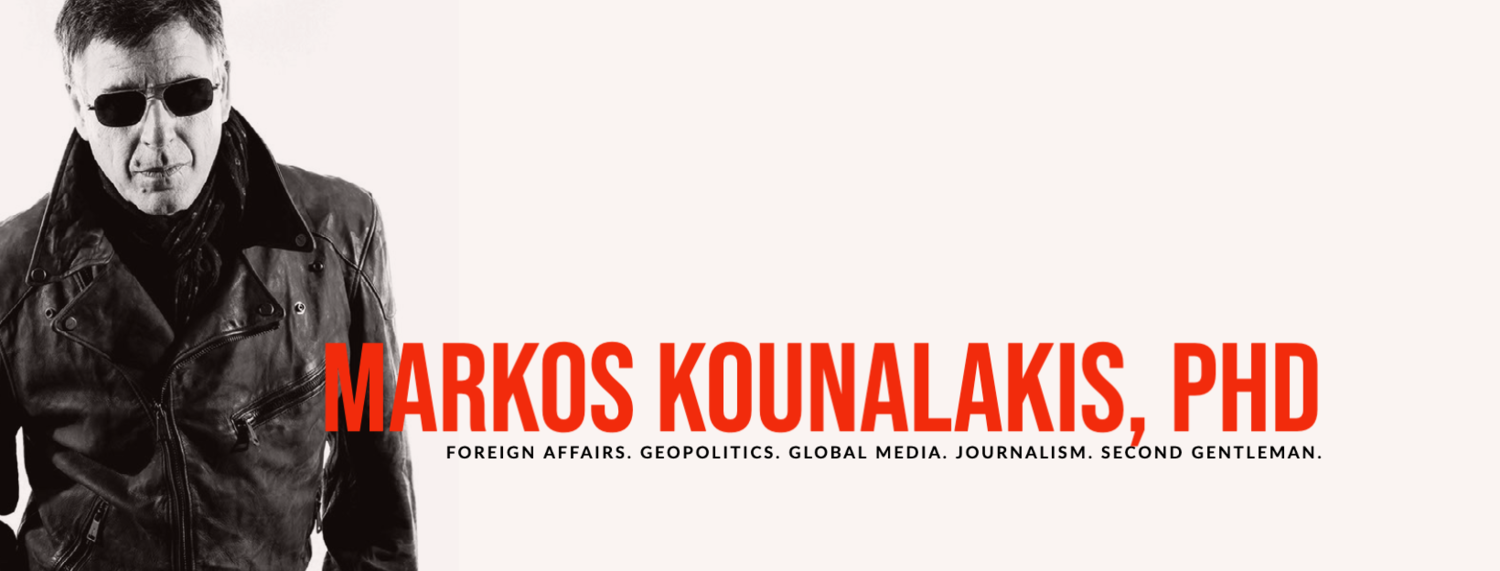In choosing female leaders, U.S. trails many nations
Every election brings new questions about the qualities and character of national leadership, in the United States and abroad.
In the 2008 presidential election, the big question was whether America could elect a nonwhite man – in this case, an African American – as president. Up until then, all U.S. presidents had been white Christian males of European descent.
Corazon Aquino served as president of the Philippines from 1986-1992. BULLIT MARQUEZ Associated Press
But disruption was in the air. France, for example, had selected a Greco-Hungarian of Jewish ancestry as president the year before Barack Hussein Obama’s victory.
In 2016, as the country moves through its primary season, U.S. voters are considering making history in other ways. Will they elect a septuagenarian Jewish socialist, a boisterous billionaire political neophyte, a Cuban American born outside the United States? Or, after a few years of primary female also-rans, finally elect a woman to the highest office in the land? Read more













